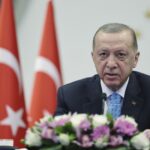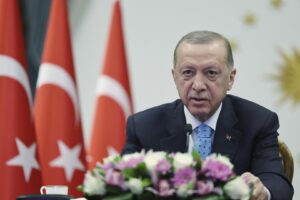The Brazilian Army has completed the deployment of 28 armored vehicles to Roraima state. This deployment aims to reinforce border security with Venezuela and Guyana following the increase in tension between the two countries due to the dispute over the Essequibo region.

This deployment is part of Operation Roraima, which involves sending military equipment to the Amazon region. According to the Army, the project foresees a 10 percent increase in military personnel in the Northern Military Command and the Amazon Military Command.
“The arrival of the armored vehicles is part of the Brazilian Army’s strategy to strengthen and prioritize the Amazon,” stated the Army’s Social Communication Centre.
The military unit in Roraima has been upgraded from a squadron to a regiment. “After the complete transformation, scheduled for 2025, the regiment will have three squadrons and approximately 600 soldiers,” the Brazilian Army announced.
The equipment, including 14 Multitask Armored Vehicles, all equipped with remotely controlled weapons systems, thermal vision optronics, and command and control modules, as well as eight Medium Wheeled Armored Personnel Carriers, six Medium Wheeled Armored Reconnaissance Vehicles, and administrative vehicles, traveled over 3,500 kilometers from Campo Grande, Mato Grosso do Sul state, to Manaus, before reaching Boa Vista, the capital of Roraima.
Territorial dispute
The territorial dispute over Essequibo dates to the 19th century. Last year, the Venezuelan government once again claimed the territory, and Venezuelan voters approved its incorporation in a referendum in December. Essequibo comprises 75 percent of present-day Guyana, covering 160,000 km² with a population of 120,000.
The region has been contested since 1899, when it was transferred to Great Britain, which controlled Guyana at the time. However, Venezuela does not recognize this decision and has always considered the region “in dispute.”
Source: Agencia Brasil
















